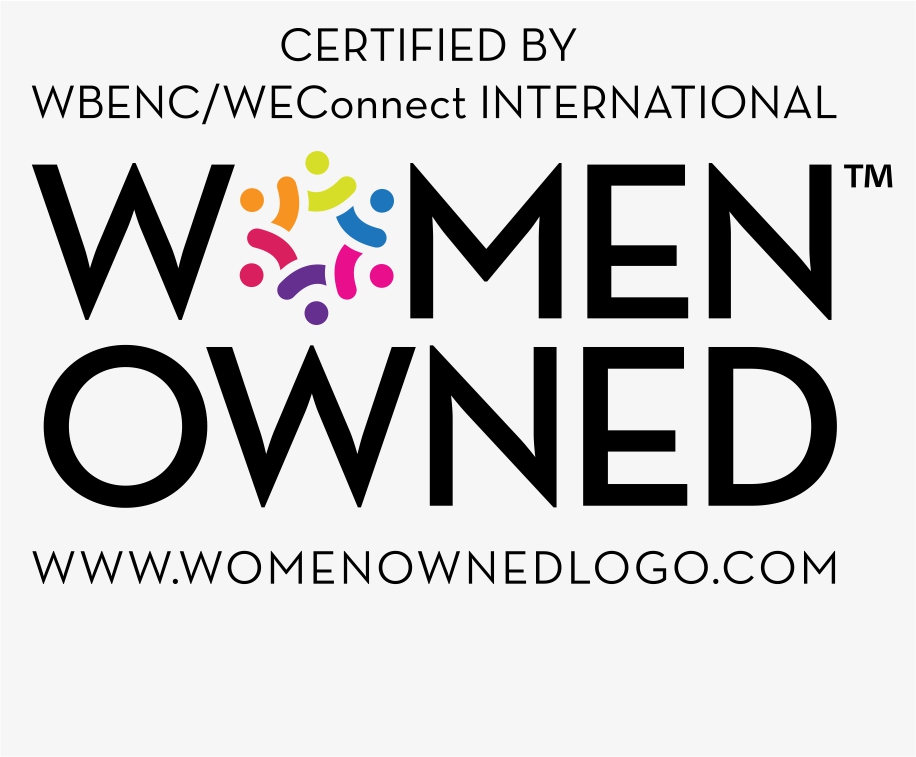CAEvolution – A Diverse Supply Chain Inspires Innovation
Challenges for companies in the 21st century: We live in an era of
constant change.
Challenges
Challenges for companies will be more demanding and more diverse compared
to the 20th century.
Some of these challenges will be e.g.:
-
Junior finding / finding young academics
-
Innovation and
-
Market
growth
-
Change Management / theory and reality in
SME
-
Divergence between product development and
product lifetime
-
Qualification
Innovations
Classical innovations are mainly result of research and development
Key technologies are mainly developed by market leaders
Inventing new technologies means fighting against the top dogs, and
this might mean juristically confrontations or
High marketing budgets, which are required to share new benefits and
usability of innovations with customers
The “app-market” allows cheap and quick success, however, also opens up
for the worldwide competition between software engineers, linked to a wide
variety of wage levels and income structure across different countries
Change Management
Change management and motivation
Divergence between product
development and product life cycle
Product development becomes more and more crucial and ambitious
Smaller profit margins and market consolidation force economy into new
structures and new business models especially sustainable strategic
models.
Product lifetime shrinks
Change management is vitally required to be most efficient,
easy-to-implement and transparent
For a company surviving depends on trusting on change management and
the will to change implies the ambition to generate new ideas and to drive
evolution
Discussing the need of change means to discuss the necessity to survive
Diversity
Embracing and turning the
traditional Euro-centric view into a multifocal view
Inspiration and innovation: The
“unknown” as a chance for innovation
‘Best practise’ examples from
history, art and culture
Chinaware – means porcelain – was invented in Saxony in 1708 and 1709 as
a copy of Chinese Chinaware and brought immense economical benefit to Saxony
Ottoman Empire tried to invade Austria in 1683, the result was the
movement of “a la turca” style in food and beverage (like coffee and
sweets) and music, fashion
Indian spices are part of Europeans kitchens, coming to Europe by the
expedition of Magellan and his followers
Potatoes came to Europe from Latin America
The Nobel Prize for medicine goes 2015 to China - for the adaption of a
traditional Chinese medicine against malaria
Change management and strategy -
interfaces for the integration of diversity in to companies
Potentials of cooperation between
large scale companies (LSC) and start-ups or small and medium sized
enterprises (SME) - I.
Potentials of cooperation between
large scale companies (LSC) and start-ups or small and medium sized
enterprises (SME) - II.
